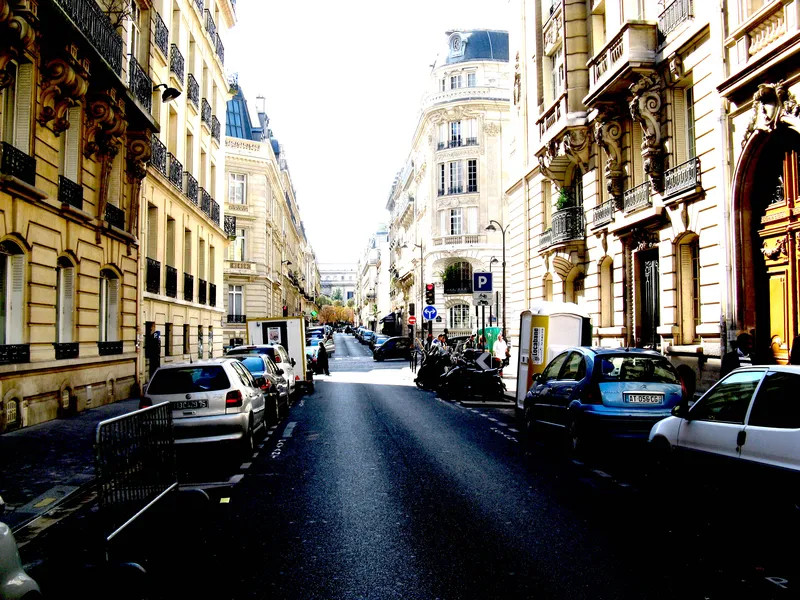Euro NCAP (the European New Car Assessment Programme) has awarded the 100% electric Nissan Leaf the highest five star car safety rating following its performance in the independent organisation's stringent crash tests. It is the first electric vehicle ever to earn this distinction.
May 16, 2012
Read time: 2 mins
Euro NCAP (the European New Car Assessment Programme) has awarded the 100% electric 838 Nissan Leaf the highest five star car safety rating following its performance in the independent organisation’s stringent crash tests. It is the first electric vehicle ever to earn this distinction.
The reigning European and World Car of the Year earned an 89 per cent rating for adult safety, an 83 per cent rating for child protection and an 84 per cent rating for its on-board safety assist systems, which include electronic stability control (ESC) and a speed limiter as standard. The compact family hatchback also earned a higher-than-average 65 per cent score for pedestrian safety, thanks in part to the low nose design and the comparative lack of ‘hard points’ under the bonnet.
“The Nissan Leaf proves that EVs can achieve the same safety levels as traditional cars. The standard is now set for the next generation of such cars on the European market,” said Euro NCAP secretary general Michiel van Ratingen.
The vehicle’s safety assessment followed standard Euro NCAP procedure, with tests for frontal impact, side impact, side pole impact and whiplash. The car’s 48 lithium-ion battery modules, which are housed in a special compartment beneath the floor, completely withstood all the impacts.
The EV’s battery system was switched on during the crash simulations to test the in-built safety measures of the electrical system, which includes automatic cut-off isolation in the event of an accident. The car passed those with flying colours, too.
The Euro NCAP result comes less than a month after Nissan Leaf earned a Top Safety Pick rating from the Insurance Institute for Highway Safety (IIHS) in the US and is the second five-star rating for Nissan in Europe this year. In February, the compact crossover Nissan Juke also scored top marks.
The reigning European and World Car of the Year earned an 89 per cent rating for adult safety, an 83 per cent rating for child protection and an 84 per cent rating for its on-board safety assist systems, which include electronic stability control (ESC) and a speed limiter as standard. The compact family hatchback also earned a higher-than-average 65 per cent score for pedestrian safety, thanks in part to the low nose design and the comparative lack of ‘hard points’ under the bonnet.
“The Nissan Leaf proves that EVs can achieve the same safety levels as traditional cars. The standard is now set for the next generation of such cars on the European market,” said Euro NCAP secretary general Michiel van Ratingen.
The vehicle’s safety assessment followed standard Euro NCAP procedure, with tests for frontal impact, side impact, side pole impact and whiplash. The car’s 48 lithium-ion battery modules, which are housed in a special compartment beneath the floor, completely withstood all the impacts.
The EV’s battery system was switched on during the crash simulations to test the in-built safety measures of the electrical system, which includes automatic cut-off isolation in the event of an accident. The car passed those with flying colours, too.
The Euro NCAP result comes less than a month after Nissan Leaf earned a Top Safety Pick rating from the Insurance Institute for Highway Safety (IIHS) in the US and is the second five-star rating for Nissan in Europe this year. In February, the compact crossover Nissan Juke also scored top marks.







